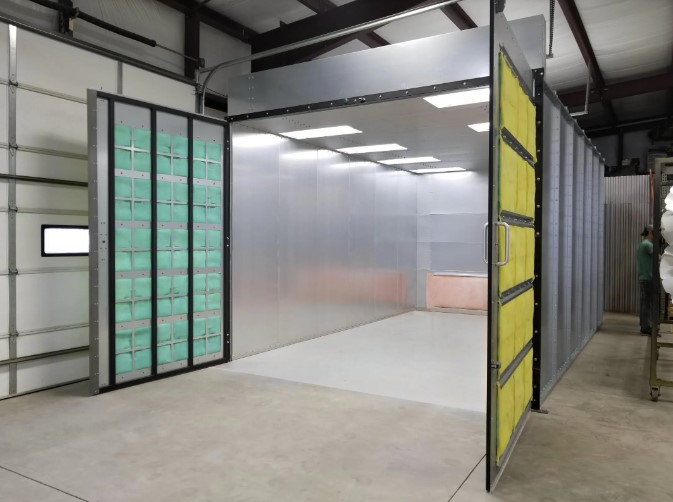Why CPAs Misfire in Personal Financial Planning
It is individual.
This may perhaps seem obvious—it’s called individual financial scheduling for a reason—but CPAs who are a lot more accustomed to performing with corporate boards or CFOs may be surprised at how emotional their clients turn into when the discussion shifts to broader fiscal preparing. CPAs are known for their intellectual rigor, consideration to detail, prosperity of knowledge, and determination to finding the best resolution to any problem. With that background, it is easy to turn into exasperated when sound exploration and a obviously articulated, knowledge-driven strategy never inspire motion from consumers. Particular fiscal organizing necessitates the use of a uniquely own narrative that consumers can connect to. According to Richard Thaler, winner of a Nobel Prize in Economics for his get the job done in behavioral finance, “A preference architect has the accountability for arranging the context in which men and women make conclusions.”
Clientele hope a broader array of emotional responses.
Whether or not it is strolling persons through their tax returns, CEOs via audit findings, or business people by the tax implications of their corporate structures, clientele assume CPAs to exhibit emotional management. It can take several years to grasp the artwork of remaining serene when providing terrible news or conveying sophisticated matters, and remaining capable to control emotion is a talent established that translates instantly to individual financial arranging. What numerous CPAs skip is that own fiscal organizing purchasers count on to see a distinctive set of emotional responses depending on the conditions. In March 2020, as the COVID-19 pandemic was earning its way close to the entire world and markets were cratering, just remaining tranquil wasn’t enough. Clientele necessary to see that though their advisors ended up just as anxious about what was taking place as they were, they still built rational decisions. Personalized monetary organizing clients want to know that you are having component in their emotional experiences. CPAs are often good at changing their emotional responses, but they need to increase which emotions they expose outside of pure calm and purpose to be maximally successful.
All people is an pro.
Oscar Wilde’s definition of an expert—“an regular man absent from property providing advice”—is especially appropriate in today’s economical tradition. CPAs who enterprise into personalized monetary arranging will will need to be ready to demonstrate why the dialogue your customer overheard at the place club is not sound financial tips. Regardless of whether it be the increase of very low-expense companies like Vanguard, elevated consideration in the economic media, or the Dunning-Kruger Result, there is a considerably decrease barrier to entry on perceived experience in personal monetary planning than in other finance disciplines. CPAs have used a long time accumulating really unique knowledge in locations ranging from tax to audit to corporate constructions, and are made use of to getting a commensurate amount of money of regard for that work and know-how. It can be irritating when that identical amount of respect is not extended to this new arena. Tolerance is critical when working with a consistent onslaught of shopper inquiries that are rarely rooted in actuality. Extra importantly, CPAs will want to devote in educating their clients. Failing to do so in hopes that they will believe in your abilities will finally direct them to glimpse somewhere else for information.
The “best” recommendation may not always be the ideal 1.
This is the largest obstacle for CPAs looking to enter the own monetary preparing area. CPAs coach to come across the choice that maximizes their clients’ monetary place. Answers tend to be mathematically derived, and customers are apt to pick out all those alternatives impartially when it comes to particular financial arranging, even so, CPAs ought to change their considering absent from just amassing as a great deal funds as possible. Treating revenue as a device, instead than the conclude purpose itself, demands reconsidering regular methodologies that seem only to increase returns. It may be stunning to learn that a 2016 examine by Ruberton, Gladstone, and Lyubomirsky (https://little bit.ly/3OzcoVO) reveals that liquid wealth (i.e., income on hand) is one of the strongest indicators of existence pleasure. Although regular advice states that cash is a drag on portfolio returns, it is crucial to contemplate the psychological security consumers receive from acquiring income on hand. Even though excessive cash may perhaps not be the “best” route from a returns standpoint, it may continue to be the appropriate system for your consumer. Feelings are specifically sensitive for men and women however obtaining their footing subsequent the impression of COVID-19, primarily for all those who skilled monetary turmoil associated to the pandemic.
Even though there is generally a sizeable overlap in the technical techniques required, good results in own money organizing will have to have a distinct method from the day-to-day function in which CPAs are commonly engaged. Just before selecting to venture into this new spot, CPAs will want to be aware of these distinctions and strategy their company and employing techniques appropriately.




:quality(70)/cloudfront-eu-central-1.images.arcpublishing.com/irishtimes/SL4ZJEXTC5DIXNN4OZFLJTU4UE.jpg)

